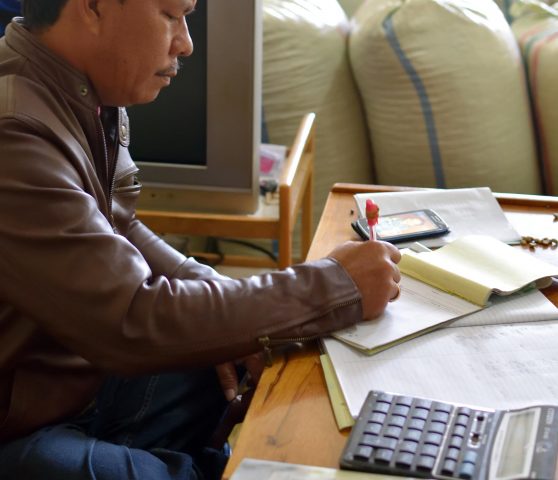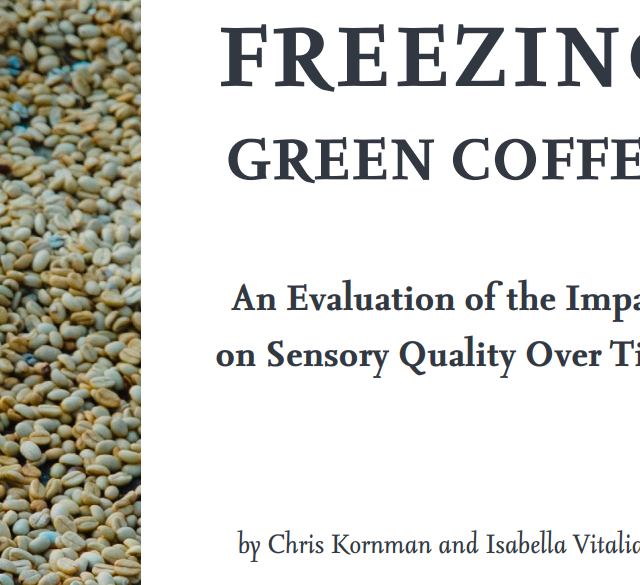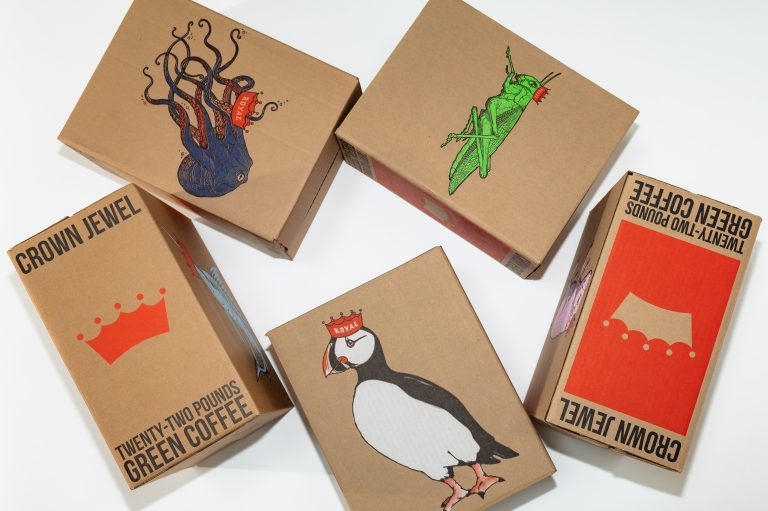Your Green Coffee Supplier: The ABCs
At this juncture in my career my personal satisfaction comes from the undeniable fact that individuals, families, and organizations in both coffee roasting facilities and coffee producing regions rely on me and Royal Coffee to be their purveyors of choice and market makers for their quality products that get exported. Many of my relationships on both sides of these tangible transactions have morphed into very rewarding and meaningful friendships that make up the person that I am. I am the fruition that has been created by being the person in the middle of these career long mutually satisfying transactions.
I am also acutely aware that we are at a juncture in the coffee business where the sheer number of green coffee purveyors can be daunting for new or even established roasters to navigate. What makes potential roaster clients and/or coffee associations or finceros (coffee farm owners) choose their partner(s) for these critical decisions? Even though the answer can be complex I do feel that a concise directory of what the various people in the “middle” do and how they function may help provides some insight on what motivates the various parties.

A is for Agents
Agents are individuals who are authorized to enter into business agreements with other parties on behalf of the party that has authorized them. Some agent agreements are long term and others need to be acknowledged annually by both parties. In coffee, agents are usually the point of contact or directly referred to by parties who inquire about a specific farm or brand. Agents usually receive compensation on a per KG or per LB basis from the owners for all product that gets to market from their efforts. Agents do not take any position or financial risk as they never have a position (own) any of the product.
B is for Brokers
Brokers are individuals that enter usually informal agreements to represent specific farms, farmers, associations, cooperatives, and exporters. Brokers rarely have exclusive rights to represent a purveyor and can also charge both the buyer(s) and seller(s) a commission usually on a per LB or per KG basis. Brokers must carefully navigate initial contacts and contracts so they don’t get “cut out”. Brokers do not take any position or financial risk as they never have a position (own) any of the product.
C is for Commercial Traders
Traders are individuals who usually work for firms that use the underlying futures market (in our case the NY green coffee market) to hedge (keep indexed in relation to) their inventory. Commercial traders usually represent homogeneous products but Royal is unique in the fact that we carry spot (at the moment) or future (able to be purchased for later delivery) anywhere from 20-30 distinct origins at any time. Royal is not a commission based trading house (as most traders are) so market makers are motivated to make each transaction a positive one that ensure buyers will return for a repeat purchase or to expand their list of procured items from Royal’s vast offering list. Commercial traders do take ownership of the product and must also navigate producer challenges to deliver on future contracts that are committed to clients and to the firms physical position.
D is for Dealers
Dealers are individuals or firms that take a position (purchase) the product for the purpose of re-selling it to customers. They usually do not have the ability to hedge the product but usually take on positions as they have a client or client base who will require or request the specific product in the near future. Dealers make their profits by selling the product they purchase at a higher price than they paid for it. Dealers do take ownership and the financial risks associated with having a physical position.
So as you can gather from this brief overview, many participants who reside in the “middle” exist for various reasons, and are motivated by their particular set of circumstances. As a veteran trader I look at the marketplace that I reside in and find solace in the idea that anything that promotes and motivates people to produce, export, import, trade, roast, distribute, and ultimately consume a better coffee is a good thing for all parties involved in the supply chain. As a wise trader once told me: All coffee finds its home.




That is a helpful beginning to understanding the “middle” men. I’d like to know more about Royal Coffee’s buying philosophy; I think you still try to get as close to the growers/farms as possible, but do you have to go through agents and brokers as well? Do you buy direct?
Thank you for the comment. This is a much larger conversation that a blog comment could pay justice. I will send you a separate email with more info. To answer your question briefly, you outline a few of our buying methods but like all things, there is always more to the story.